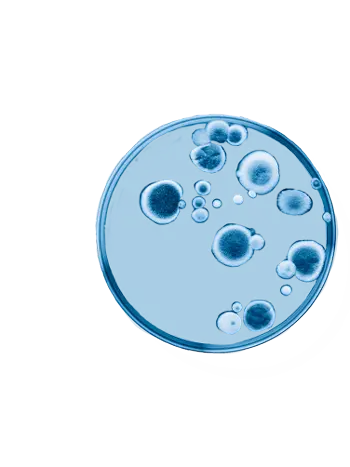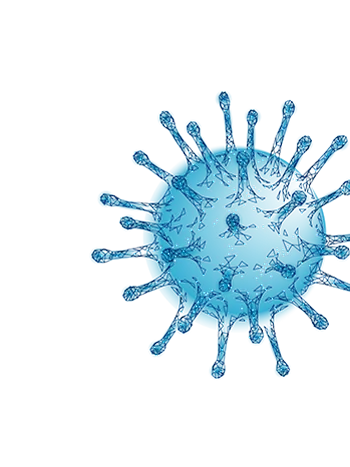Zoonotic diseases, or zoonose
Zoonotic diseases, or zoonoses, are infections that are transmitted from animals to humans. They can be caused by a variety of pathogens, including bacteria, viruses, parasites, and fungi, and spread to humans through different pathways: physical contact with an infected animal, including bites or scratches; contact with areas where animals live and roam, or with objects or surfaces contaminated with their germs; transmission through vectors such as mosquitoes, ticks, and fleas; consuming contaminated food or water, including undercooked meat or unpasteurized dairy products; inhaling aerosols or droplets containing pathogens from animal secretions or waste; or even exposure to water contaminated with animal feces.Zoonotic diseases can cause significant morbidity and mortality in humans. They can lead to outbreaks and pandemics, such as the COVID-19 pandemic caused by the SARS-CoV-2 virus. Outbreaks can lead to substantial economic losses due to healthcare costs, reduced productivity, trade restrictions, and loss of livestock. Zoonoses have also an impact and significance on food safety (many of them are foodborne), and also on wildlife and environmental health (they can influence the prevalence and spread of zoonotic diseases).
Control and prevention methods differ for each pathogen, but there are several practices that are considered effective in reducing risk of zoonoses. Monitoring animal health to detect diseases early, vaccination for animals and humans, or proper sanitation and food handling, help reduce the chance of zoonotic disease outbreaks. Reducing populations of disease-carrying insects, awareness about preventive measures, or integrating efforts across human, animal, and environmental health sectors to address the complex nature of zoonotic diseases (One Health Approach) are also important and effective. Anyway, there are many factors that complicate the control and prevention of zoonoses. New zoonotic diseases continue to emerge, and existing ones can resurface, driven by factors such as environmental changes, globalization, and human activities. The misuse of antibiotics in humans and animals can lead to the development of resistant strains of zoonotic pathogens, complicating treatment and control efforts. The illegal wildlife trade and habitat destruction increase the risk of zoonotic disease spillover from wildlife to humans. So, understanding and addressing zoonotic diseases require a multidisciplinary approach and global cooperation to protect human and animal health and ensure environmental sustainability.
IVD reagent specialists for infectious disease diagnosis
At Rekom Biotech, we have specialized in human and animal infectious diseases, designing and producing recombinant antigens and polyclonal antibodies for use in antibody and antigen diagnostic tests.
-
[[carrito.product.name]]
- [[sku.sku]]
Or if you prefer...
As manufacturers, we can tailor our products to your needs. Contact us!
-
[[carrito.product.name]]
- [[sku.sku]]
As manufacturers, we can adapt our products to your needs.
Contact us!




